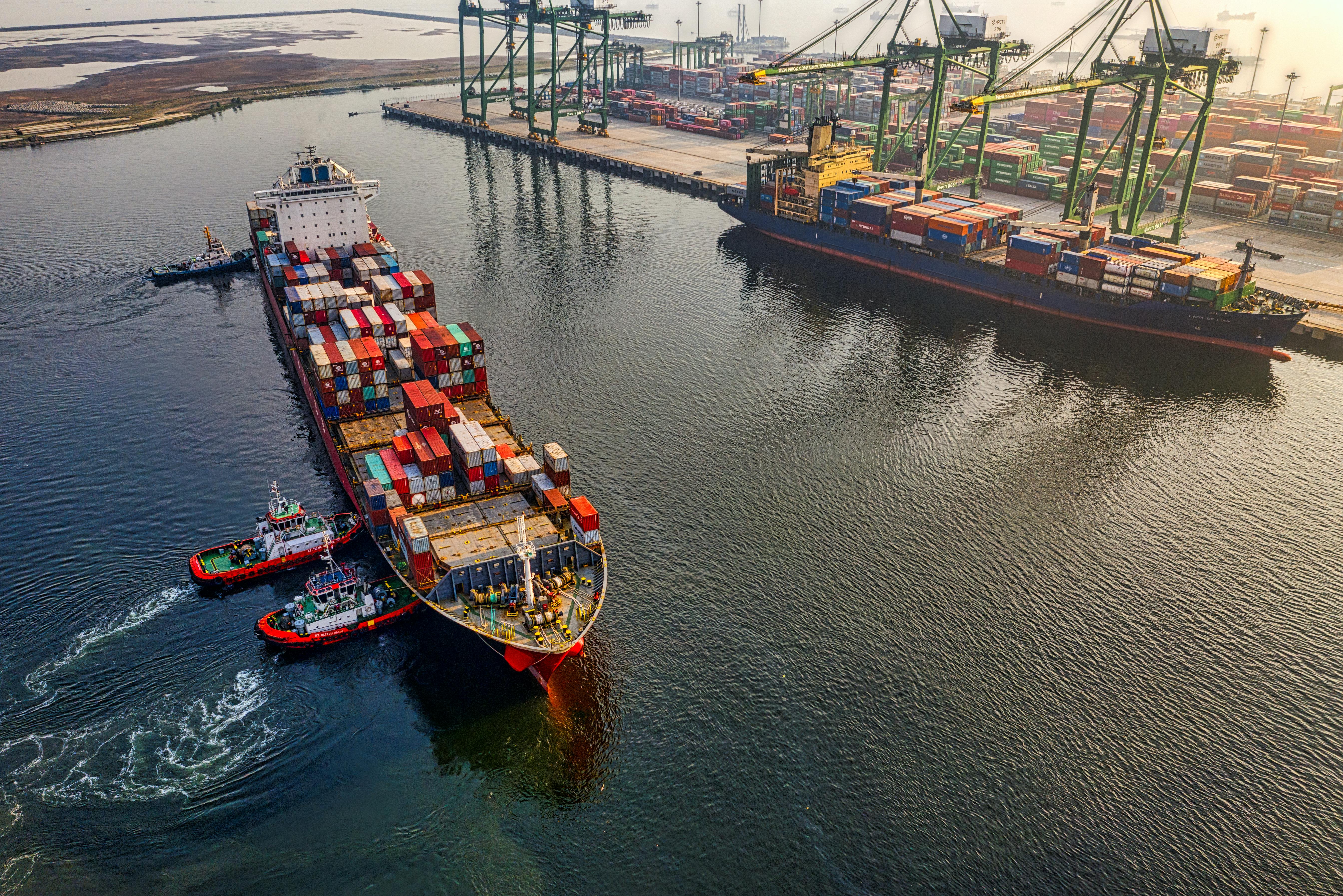November 21, 2024
The Complex Landscape of FCPA Compliance for Goods-Producing Companies
The Foreign Corrupt Practices Act (FCPA) presents a unique set of challenges for goods-producing companies. These organizations, encompassing a wide range of industries from manufacturing to consumer goods, often have complex global supply chains that can increase their vulnerability to bribery and corruption risks. Navigating the intricacies of FCPA compliance in this context requires a deep understanding of the law and proactive strategies for mitigating risk and ensuring ethical business practices throughout the organization and its extended network.
The FCPA and Goods-Producing Companies: Understanding the Risks
At its core, the FCPA prohibits U.S. companies and certain foreign issuers from bribing foreign government officials to secure a business advantage. While this mandate may seem straightforward, its application can be nuanced, particularly for goods-producing companies with global operations and extensive supply chains.
One of the primary challenges these companies face is third-party risk. Goods producers often rely on a network of third-party vendors, suppliers, and distributors to manufacture and deliver their products. These relationships can increase the risk of FCPA violations, as companies may be held liable for the corrupt actions of their partners, even if they did not explicitly authorize such behavior. A 2019 survey by Deloitte highlighted the significance of this risk, with 61% of respondents citing third-party corruption as one of the most challenging aspects of FCPA compliance. The survey also noted that the complexity of global supply chains can further exacerbate these risks, making it more difficult for companies to monitor the activities of their third-party partners effectively.
FCPA Compliance Challenges in the Supply Chain
The supply chain represents a critical area of FCPA risk for goods-producing companies. These organizations often have extensive networks of suppliers and vendors, many of which may be based in countries with a high prevalence of corruption. Navigating these complex webs of relationships can be daunting, particularly for companies with limited visibility into the practices of their third-party partners.
A 2020 report by the OECD highlighted the unique challenges of supply chain corruption. The report noted that goods producers may face pressure to lower costs and accelerate delivery times, potentially leading them to overlook red flags in the vetting and monitoring suppliers. The report emphasized the need for robust due diligence procedures and ongoing monitoring to mitigate these risks.
Proactive Strategies for FCPA Compliance
While the challenges of FCPA compliance for goods-producing companies are significant, there are several proactive strategies these organizations can implement to mitigate risk and ensure ethical business practices.
1. Robust Compliance Programs
A robust compliance program is at the heart of any effective FCPA compliance strategy. This should include a clear anti-corruption policy, comprehensive training programs, and mechanisms for reporting and investigating potential violations. The DOJ and SEC have emphasized the importance of such programs in their guidance on FCPA enforcement, noting that companies with adequate compliance controls may be eligible for reduced fines and penalties in the event of a violation.
2. Thorough Due Diligence
Goods producers should conduct thorough due diligence on all third-party partners, including suppliers, vendors, and distributors. This should involve background checks, corruption risk assessments, and reviews of the third party's compliance program and reputation. The OECD has emphasized the importance of due diligence in mitigating supply chain corruption, noting that companies should consider the risks inherent to the third party and the country in which it operates.
3. Ongoing Monitoring
While due diligence provides a critical foundation for FCPA compliance, it is only the first step. Goods producers should also implement ongoing monitoring of their third-party partners to ensure continued compliance. This may involve periodic audits, reviews, and mechanisms for tracking changes in the third party's risk profile. A 2019 report by KPMG emphasized the importance of continuous monitoring, noting that companies should be prepared to take swift action in response to any red flags or indicators of corruption.
4. Contractual Protections
Goods producers can also leverage contractual protections to mitigate FCPA risk. This may involve including anti-corruption clauses in contracts with third-party partners and provisions for audit rights and termination in case of a violation. While these protections are essential, they are only effective if enforced. Companies should be prepared to take action against third parties that violate their anti-corruption standards.
Conclusion
With their global operations and extensive supply chains, FCPA compliance presents a complex challenge for goods-producing companies, creating heightened vulnerability to bribery and corruption risks. However, these organizations can effectively mitigate risk and ensure ethical business practices throughout their extended networks by implementing proactive strategies such as robust compliance programs, thorough due diligence, ongoing monitoring, and contractual protections. As the global landscape evolves, goods producers must remain vigilant and adaptable, prioritizing compliance as a cornerstone of their business operations.
BLOG & NEWS




